Week 25 (2025)
Lilith & our hiding God, hospital encounters & the debt of love, gamete donation, embryo optimization & adoption
Click title to open in browser. You can reply directly to this email if received in your inbox.
Enjoy this collection of digitally scrapbooked resonances… this attempt to weave unexpected connections… this Imaginary, Weekly Magazine I’d Like To (Or Need To) Read gleaned from other magazines, journals, writers, creators of good things. Perhaps it is many things. I can’t guarantee a niche (my life story, amiright) but I can guarantee the equivalent of a satisfying charcuterie board. Comments are imagined to be around a conversation table. Cheers.
to read: books
Lilith — George MacDonald
“That light shall not enter me. I hate it. Begone, slave!"
"I am no slave, for I love that light and will with the deeper Will which created mine. There is no slave but the creature that wills against its Creator. Who is a slave but she who cries I am free! but cannot cease to exist?"
“But there is a light that goes deeper than the will, a light that lights up the darkness behind it: that light can change your will, can make it truly yours and not another's - not the Shadow's. Into the created can pour itself the Creating Will, and so redeem it!”
to read: essays, articles, newsletters
- , Mere Orthodoxy (audio generously provided by him here, which everyone should do for essays, otherwise a bot is reading it to me while I do something or other in the kitchen.. and believe me, I rather hear the author) — “Though Christ is the apocalypse, he is careful not to let the unveiling happen all at once.”
Touch Me and See — Cathy George,
—“The winds of easter blow
Jesus into an upper room
appearing as a ghost
Touch my side
see me
I am hungry”
Beautiful Terrors: George MacDonald and Lilith — David MacDonald, The Bottle Imp — “MacDonald, it seems, is not so much telling us a story as mining his reader’s subconscious—laying bare the fears and desires that lurk beneath the surface of other books, but are rarely allowed to break through…MacDonald aims not to make us read, but to make us dream.”
- , A Stream of Words — “I drifted deeper and deeper into the swallowing darkness, and then, buried under its weight, something changed. I seemed to be looking at the chair from above—the corner, or maybe opposite it, where I had felt the Presence.”
(see also her Notes From The Emergency Room, shared previously)
Forgive Us Our Debts — Casey Spinks, Comment — “Debt replaces love, and forgiveness must work very hard to pay back all the love between debtor and lender that was lost between them. Better still would be to love in the first place. We already owe it to each other anyway. In this sense, then, frugality can be seen as an attempt, however fragile and liable to vice it certainly is, to love others instead of going in debt to them. Or rather, to quit wasting time and to go ahead and get into love’s debt, which is already owed as the cost of being human. The poor grandmother who won’t take donations would prefer love—and maybe that’s because she has learned through the years more of what it is to be human than we intellectuals have with our critical theories. Maybe those who would still like to help her should consider joining her for breakfast.”
(related: ’s The Intimacy Of Imbalance, shared previously)
for the [female] body compilation:
Everyone Is Against Eugenics; No One Will Cut Its Lifeline —
, Happy Despite Them — “The God-given way to conceive a child is in the marital embrace. That way has two opposite violations: Rape is the hot, violent transgression; IVF is the cold, scientific one.”(more on Nucleus in this brief article that’s been making the rounds)
The Embryo Adoption Problem — Rachel Coleman, Church Life Journal — “The fact that embryo adoption both looks like ARTs and would not be possible without their application should also give us a clue as to its nature and inner logic. Of course, advocates of embryo adoption will argue that, since the embryos in question are children, we must do something to help them. The trouble is that “helping” them by embryo adoption would entail a grave attack on the dignity both of the embryos themselves and of the triunity of sex, conception, and gestation.”
(related: ’s Embryo Adoption and Our Moral Imaginations, shared previously)
Treating Infertility: The New Frontier Of Reproductive Medicine — Ethics & Public Policy Center — The perfect collaborative endeavor to encompass a good chunk of what I’ve been trying to get at here (with some familiar, overlapping contributors). Our approaches to the complexities of the fertile body come with both acute and widespread physiological, social, and moral ramifications. What a gift that this collective effort was accomplished to explain as much. I’m reading through sequentially. This eleventh week: Five Things You Need To Know About The Egg & Sperm "Donation" Industry by Jennifer Lahl, RN — “These altruistic-sounding messages lure young men and women in need of money to respond by selling their genetic material and their future children, with little understanding of the medical, ethical, and legal issues at stake.”
(related: this conversation she had with , shared previously)
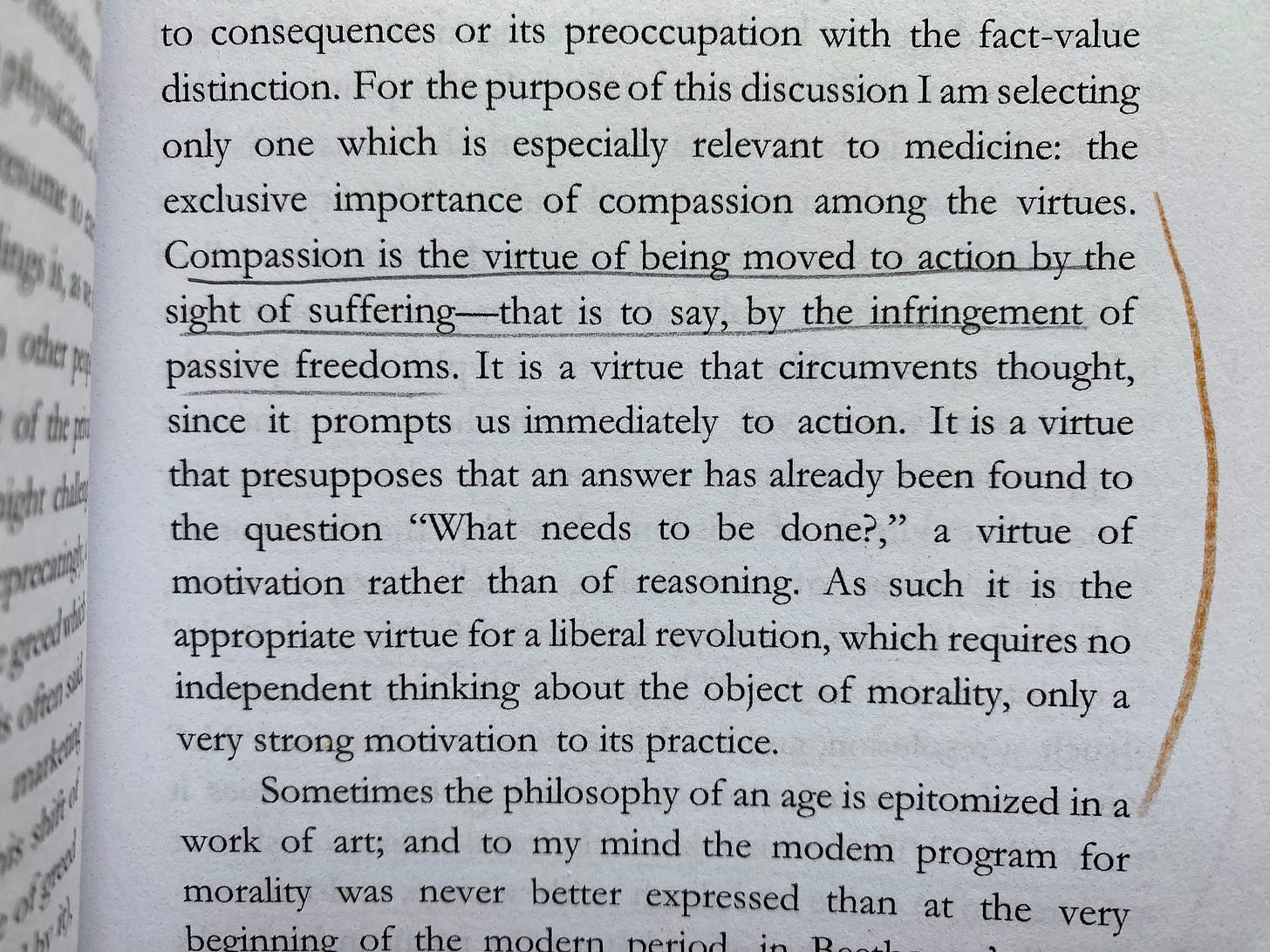
to watch, listen to
Where Should Babies Come From? with
, discussing themes from the above book. Favorite quotes documented by me and not a bot. — “One of the reasons why we don’t think it’s a big deal is precisely because this technology, these techniques, have shaped our thinking without us really deciding ever to think about the ethics…” // “You are trying to peel back and get beneath very deep assumptions that people have, very deep intuitions about the ways in which our wills relate to the world more broadly... a sense that the will is triumphant and we should just be able to choose these things. And this isn’t just a problem in bioethics, it really is globally pervasive.” // “There’s no underlying sense of nature, or the goods of our bodies. Everything is subject to will, and the will is animated by that sense of compassion, the urgency of resolving the felt pain and suffering people have… this contrast between will and nature is really central.” // “One of the things any student of this subject will quickly notice is that Protestants have just been smoked on this topic in the last several generations… It’s the Roman Catholics who have done all this sort of work and writing and thinking and reasoning.” // “…there is no givenness that we are beholden to.” // “We are all implicated in the types of attitudes and practices that O’Donovan is worried about. It’s not just something out there.” // “These technological revolutions have shaped things as much, or maybe more, than the ideas.” // “At some level, we have to come to terms with our own flesh… my encounter with my body just on its own is not good news, and the only way that becomes good news is hearing the gospel that Christ died and rose again, and the body is the sort of thing that will be raised with Christ.” // “IVF is not curative, it’s compensatory… if there is a disorder, the medicine doesn’t actually restore nature, it circumvents… even medicine itself has lost touch with these categories of what’s natural, what’s appropriate, and has become an instrument of serving people’s wills, of allowing people to fulfill their vision for their own lives, regardless of whether or not it is curing real disorders…” // “I have hope for [Restorative Reproductive Medicine]… it’s the right approach to take. Finding doctors who are interested in that is increasingly a challenge. This is where the systemic conditions of reproductive medicine have made restorative practices much harder to find, because there’s no money in them relative to IVF.” // “We have this assumption - it’s baked into modernity - that these technological developments only go one direction, that we are only going forward. Looking at the history of the world, this is not obviously the case.” // “We should take seriously the fact that we are all implicated in this, and find quotidian ways of resisting these manners of thinking… There are all sorts of ways in which Christians are unwilling to contemplate or be attentive to the limits of their flesh… We have, in very ordinary ways, embraced the manipulations of our bodies according to our wills such that we want to live our preferred lives.” // “On these issues… I have been approached by many men in evangelical churches who have no qualms, no compunctions about getting vasectomies. And I find that very astonishing. I think being rigorous to evaluate our own practices in our own communities and to question the things we’ve taken for granted is absolutely crucial before we attempt to proclaim the good news of nature, as it were, to the world.” // “I’m just a load of joy to be around… bringing light and happiness everywhere I go.” (can relate)
Continuing On:
#4: Called To Be Woman: Mary's Genius and Ours presented by Sr. Ann Astell, a recording from this recent conference. // “…requiring a woman to again and again strive against her inordinate desires—a threefold lust for pleasure, useless knowledge, and prestige.”
Woven Well Podcast with Caitlin Estes — Episodes 75-76 — What Is Your Period Telling You? and Insulin Resistance and Weight Loss
(more resources on female embodiment in the Big Ol' Compilation — now unlocked)
to glean from
Something Beautiful
We had what turned out to be, for a church crowd, quite the rager of a barn dance for Trinity Sunday (and also, I suppose, for Father’s Day). I line danced a bit with our 5 year old, and our 2 year old rushed to the middle of the crowded, dancing circle at one point like the aspirational life of the party… before my husband rescued him. Thankful for people who open up farm space for picnics, playing ball and frisbee, and hayrides with the giddiest of children. First time nursing a 2 month old on one of those things, and it wasn’t bad. Just call me Ma Ingalls.
This Psalm 148 rendition, a melody I can’t shake.
Something Helpful
Had heard the Brick recommended by enough people to take note, but this high praise from
actually made me purchase one for our family. Will see how it fairs.


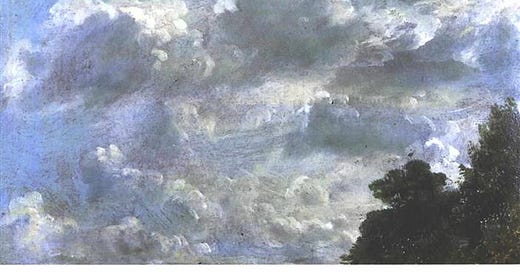


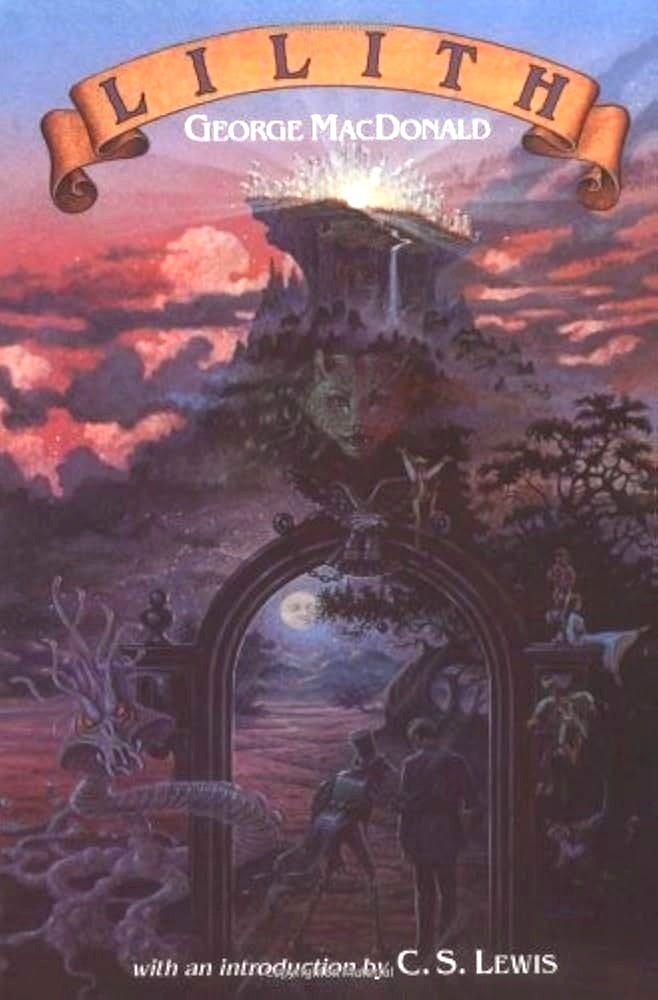
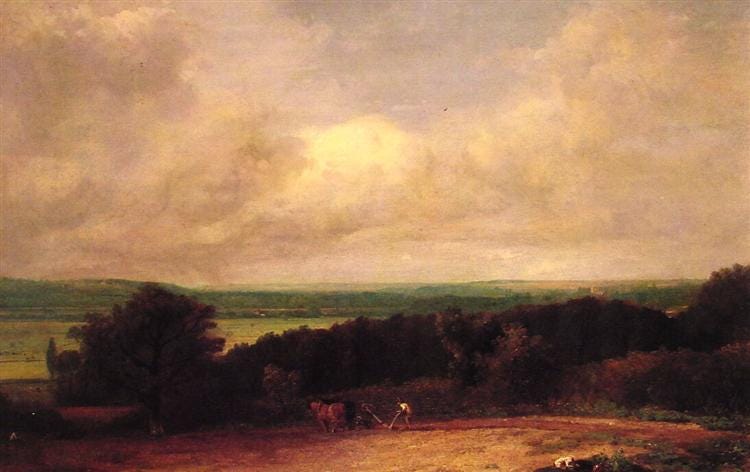
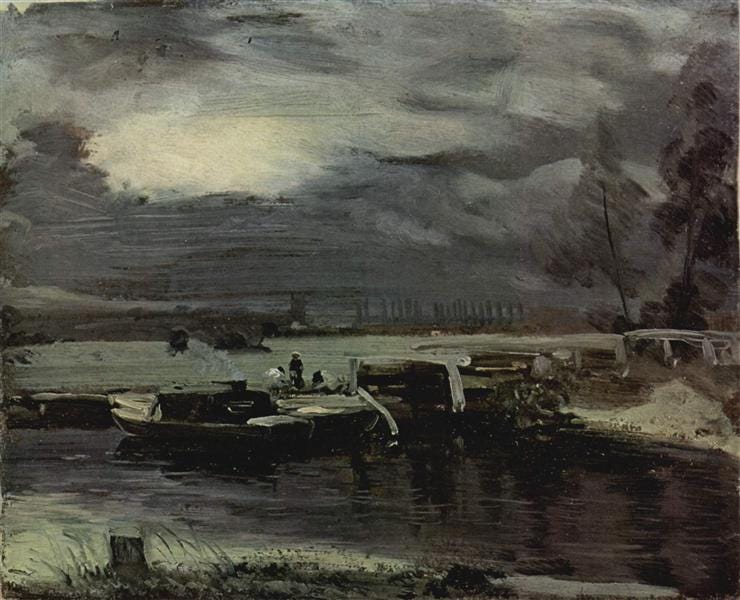
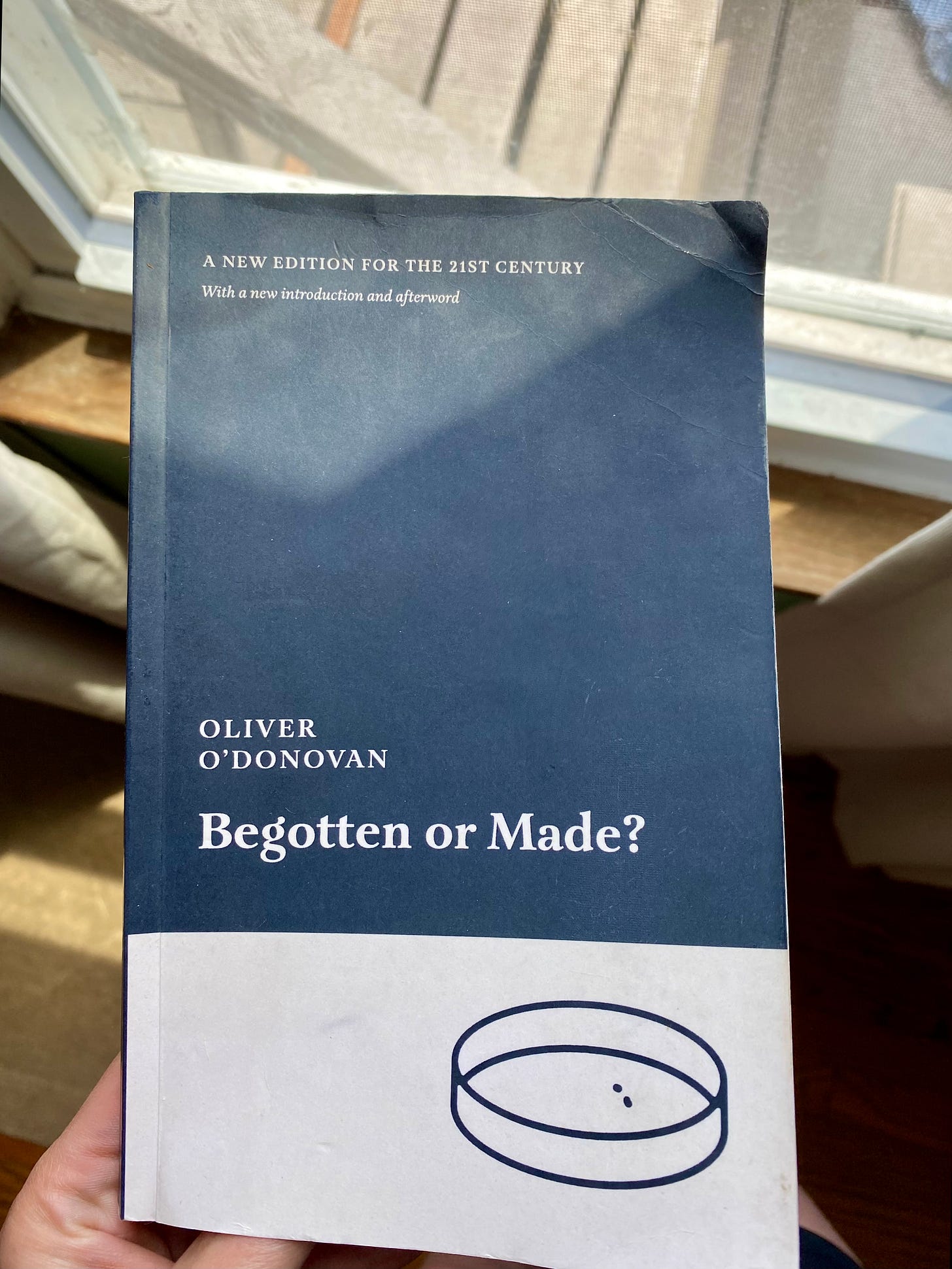

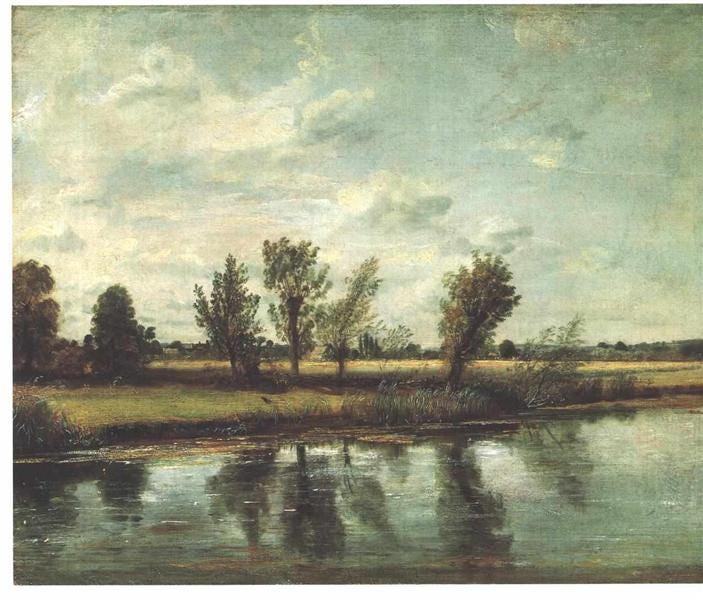
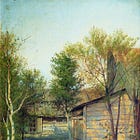
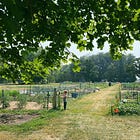
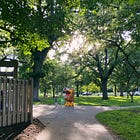

Thank you for sharing that Byrd article! Made me sign up for a Mere Orthodoxy account, but more to the point, it plays well with some other ideas I'm kicking around, and that is my favorite thing of all -- when things I'm reading talk to each other.
Psalm 148 is a beautiful melody! Spotify had failed to bring that to my attention in spite of all our Psalm listening. Thank you!!! We will be learning that one as a family.